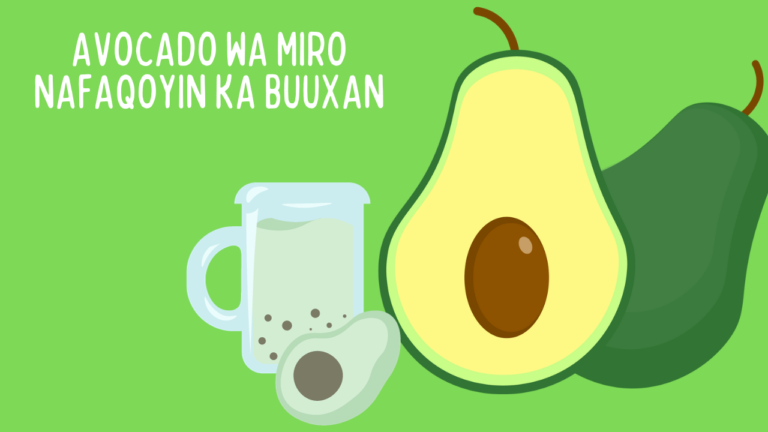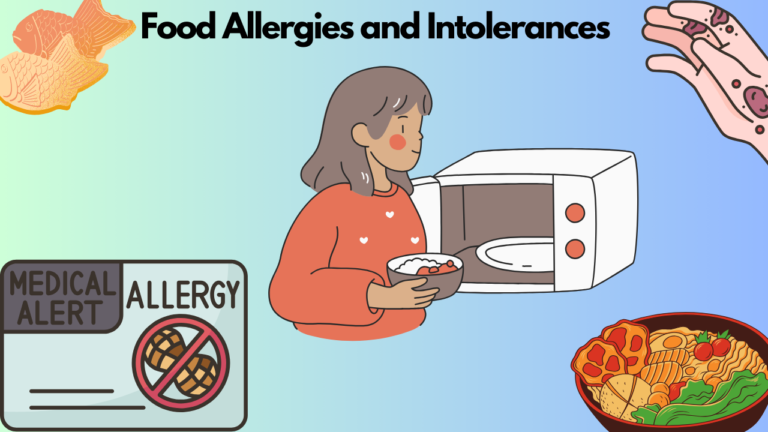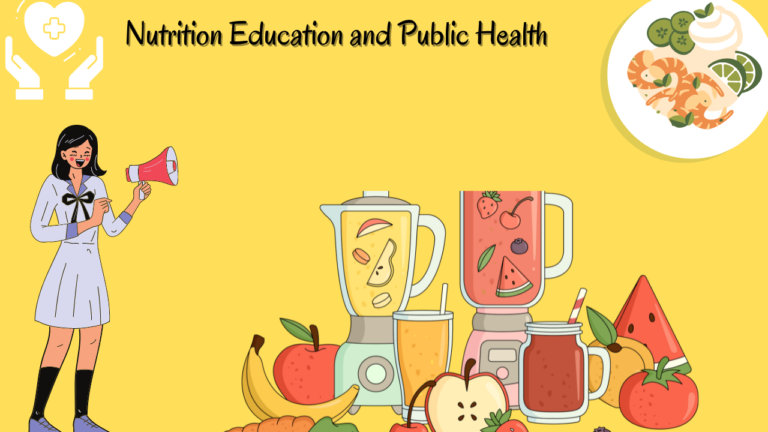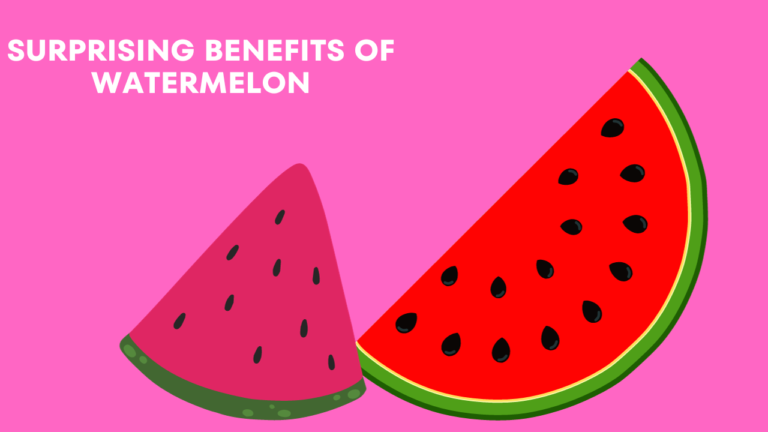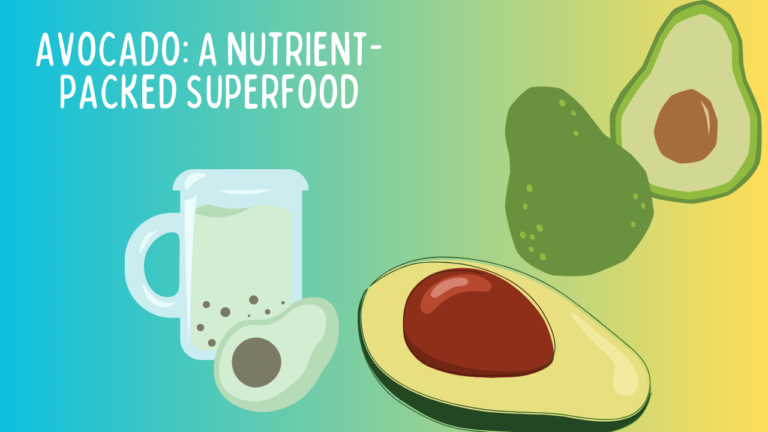BALANCED DIET
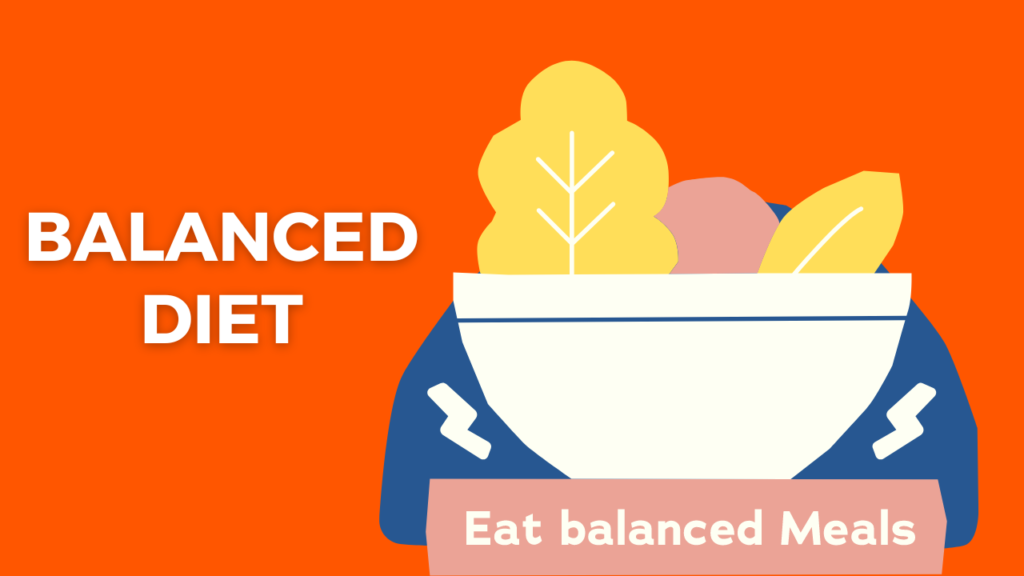
A balanced diet is crucial for overall health and well-being. Here’s a breakdown of what it typically involves:
- Fruits and Vegetables:
- Aim for a variety of colorful fruits and vegetables. They provide essential vitamins, minerals, antioxidants, and fiber.
- Different colors indicate different nutrients, so try to include a diverse range in your diet.
- Whole Grains:
- Incorporate whole grains like brown rice, quinoa, oats, whole wheat bread, and pasta. They offer fiber, B vitamins, and minerals.
- Proteins:
- Include lean sources of protein such as poultry, fish, beans, lentils, tofu, nuts, and seeds.
- Fish like salmon, mackerel, and sardines provide omega-3 fatty acids, beneficial for heart health.
- Healthy Fats:
- Choose sources of healthy fats like avocados, nuts, seeds, olive oil, and fatty fish.
- Limit saturated and trans fats found in processed foods and fatty cuts of meat.
- Dairy or Alternatives:
- Opt for low-fat or fat-free dairy products like milk, yogurt, and cheese.
- Non-dairy alternatives like almond milk, soy milk, or fortified products are suitable options for those who are lactose intolerant or prefer plant-based choices.
- Limit Added Sugars and Processed Foods:
- Minimize the intake of sugary drinks, sweets, and processed foods high in added sugars, unhealthy fats, and sodium.
- Read food labels and be mindful of hidden sugars and unhealthy additives.
- Portion Control:
- Be aware of portion sizes to avoid overeating.
- Use smaller plates, bowls, and utensils to help with portion control.
- Hydration:
- Drink plenty of water throughout the day. It’s essential for bodily functions and overall health.
- Limit the intake of sugary beverages and excessive caffeine.
Remember, a balanced diet is about moderation and variety. It’s not about strict deprivation but rather about making informed, healthier choices most of the time. Consulting a nutritionist or dietitian can provide personalized guidance based on individual needs, health conditions, and goals.
A balanced diet is crucial for maintaining good health and providing the body with the nutrients it needs to function properly. Here are some key principles for achieving a balanced diet:
- Variety of Foods:
- Include a wide range of foods from all food groups: fruits, vegetables, grains, protein sources, and dairy (or dairy alternatives).
- Fruits and Vegetables:
- Aim to fill half your plate with a variety of colorful fruits and vegetables.
- They are rich in vitamins, minerals, fiber, and antioxidants.
- Whole Grains:
- Choose whole grains over refined grains. Examples include whole wheat, brown rice, quinoa, and oats.
- Whole grains provide more fiber and nutrients.
- Protein Sources:
- Include a mix of protein sources in your diet, such as lean meats, poultry, fish, beans, legumes, tofu, and nuts.
- Fish, especially fatty fish like salmon, is rich in omega-3 fatty acids.
- Dairy or Dairy Alternatives:
- Choose low-fat or fat-free dairy products for calcium and vitamin D.
- If you’re lactose intolerant or choose not to consume dairy, opt for fortified plant-based alternatives like almond or soy milk.
- Healthy Fats:
- Include sources of healthy fats, such as avocados, nuts, seeds, and olive oil.
- Limit saturated and trans fats found in processed and fried foods.
- Control Portion Sizes:
- Be mindful of portion sizes to avoid overeating.
- Use smaller plates and bowls to help with portion control.
- Limit Added Sugars and Salt:
- Reduce the intake of foods and beverages high in added sugars.
- Limit salt intake by choosing fresh, whole foods and avoiding processed foods with high sodium content.
- Stay Hydrated:
- Drink plenty of water throughout the day.
- Limit the consumption of sugary drinks and excessive caffeine.
- Meal Timing:
- Aim for regular, balanced meals throughout the day.
- Consider smaller, nutrient-dense snacks between meals if needed.
- Individualized Needs:
- Consider individual dietary needs, such as age, gender, activity level, and health conditions.
- If you have specific dietary restrictions or health concerns, consult with a registered dietitian or healthcare professional for personalized advice.
Remember, a balanced diet is not about strict rules or deprivation but rather about making nutritious choices that work for your lifestyle and health goals. Moderation, variety, and consistency are key elements of a sustainable and balanced approach to eating.


